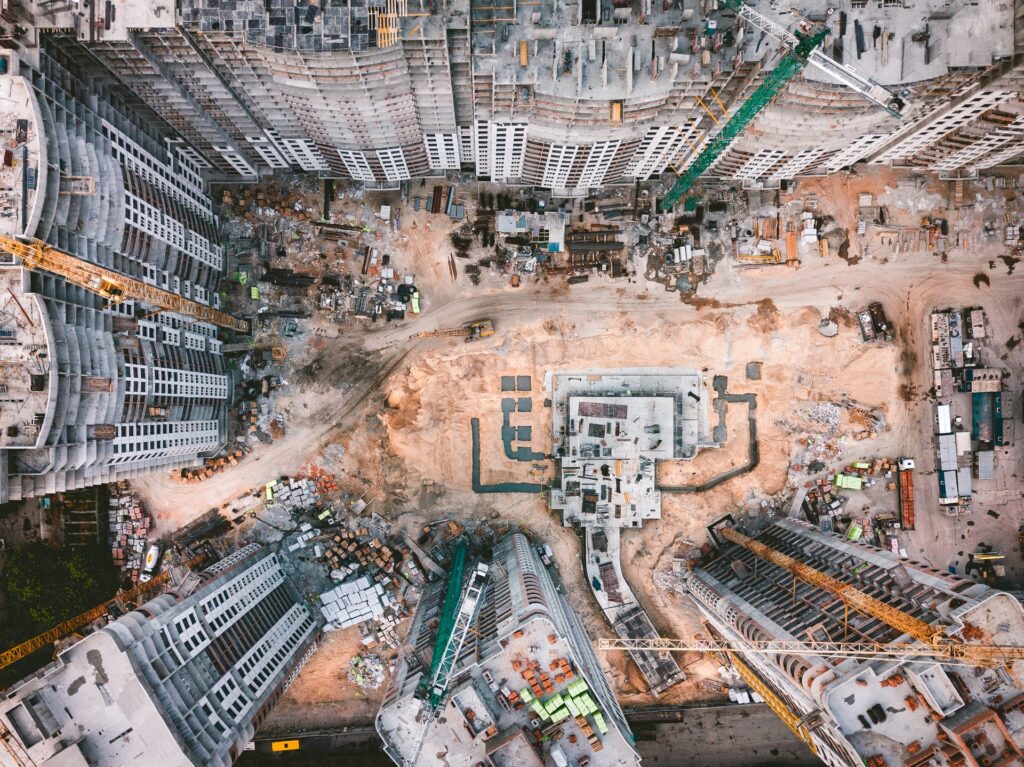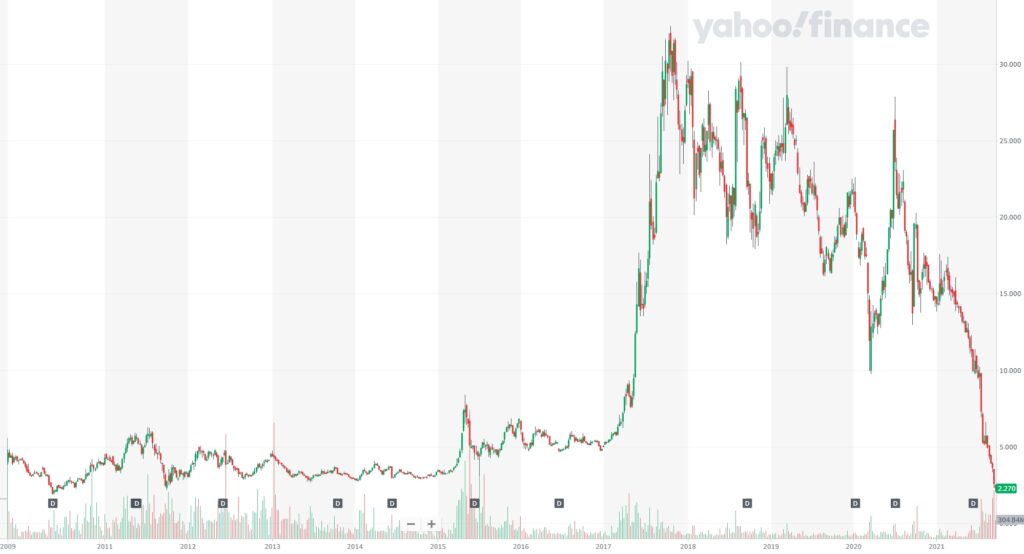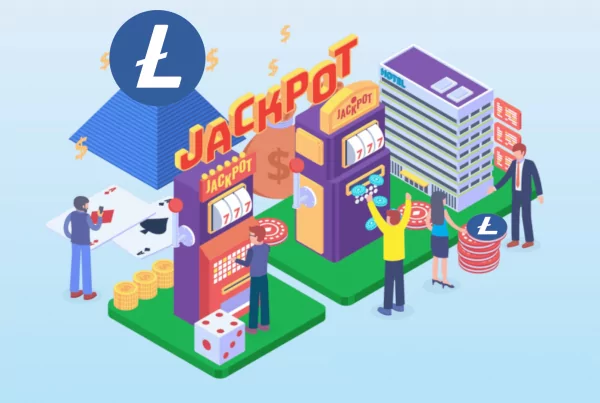
Key takeaways:
- Evergrande, one of the biggest property developers in the world, owes more than $300 billion and has lost more than 80% of its value since the start of the year
- Some analysts fear that the collapse of Evergrande could have similar ramifications for the global economy as the bankruptcy of Lehman Brothers in 2008
- The cryptocurrency market has been heavily impacted by the news, with most coins posting double-digit losses
The cryptocurrency market has dropped below $2 trillion for the first time since mid-August. The price of Bitcoin has decreased to $43,000 just two weeks after hitting the 4-month high on September 7 as other crypto assets are also posting heavy losses. The recent downturn seems to be strongly linked to the debt crisis of the Chinese property developer Evergrande, which has thoroughly shaken the global markets.
What is Evergrande and why would its collapse matter?
Evergrande is China’s second-largest property developer and was at one point the most valuable real estate company in the world. Evergrande took out massive amounts of loans to finance its rapid expansion. The company has already sold much of its still unfinished real estate projects, without paying contractors, which are now at risk of having to incur heavy losses.
Additionally, as reported by BBC, Evergrande owes over $300 billion to more than 170 banks and 120 financial firms worldwide, which makes it the world’s most indebted real estate developer. If the Chinese government doesn’t bail out Evergrande, its collapse could have significant ramifications for the global economy as it would lower the loan issuing capacity for countless banks and institutions that have financed Evergrande’s aggressive expansion.
Some analysts are calling the Evergrande fiasco “China’s Lehman moment”. Due to the fallout of the subprime mortgage crisis in 2008, at the time 4th largest US investment bank Lehman Brothers was forced to file for bankruptcy, which started a domino effect that led to the worst global financial crisis since the 1930s. Evergrande’s collapse could easily be a catalyst for a similar scenario, particularly when accounting for the growing Chinese housing bubble. With skyrocketing real estate prices despite 65 million empty apartments across the country, the Chinese housing sector might be facing an imminent collapse.
Evergrande shares (3333.HK) have fallen by 85% this year and are currently trading at an 11-year low.

Stock market prices nosedive
S&P 500 market index responded to the Evergrande news by having the single worst day performance since May. The index lost as much as 2.9%, before retracing to finish the Monday trading down 1.7%. Stock and bond markets around the world have also incurred losses with Hong Kong property stocks being particularly hard hit, having lost almost 6% on Monday.
The managing director at a Hong Kong brokerage firm, Louis Tse is concerned about the spillover effect:
“Evergrande is just the tip of the iceberg that affects the banks as well — if you have lower property prices what happens to their mortgages? It has a chain effect.”
What does this mean for crypto?
The performance of the cryptocurrency market is heavily correlated with the performance of real-world assets. Digital currencies are a form of risk-on assets, meaning that they belong to the same group of financial products as stocks and other financial instruments that have a high-yield potential. Risk-on assets do best during times of easy monetary conditions when low interest rates and easy access to money help create a positive market sentiment.
Economic uncertainty, on the other hand, encourages investors to seek shelter in low-yielding risk-off assets (also called ‘safe haven’ assets), such as gold, established reserve currencies, and virtually risk-free government bonds. As long as the global stock markets remain turbulent, we can expect crypto to follow suit.



